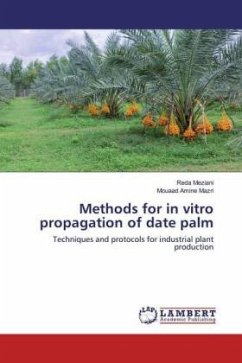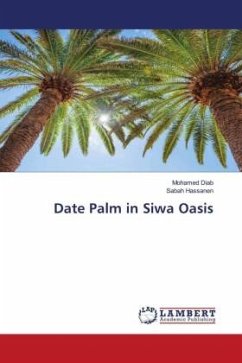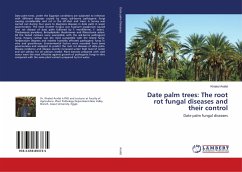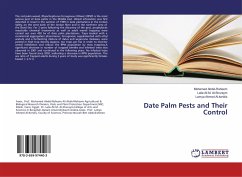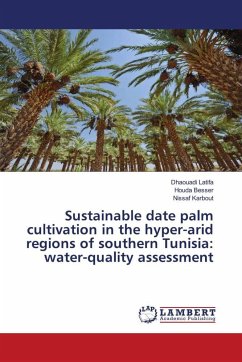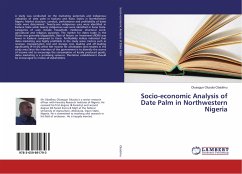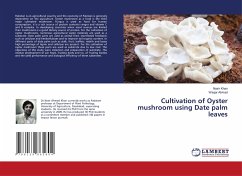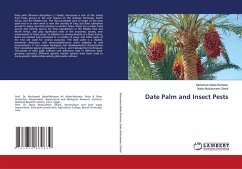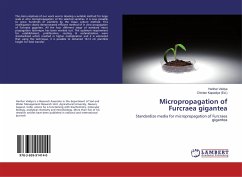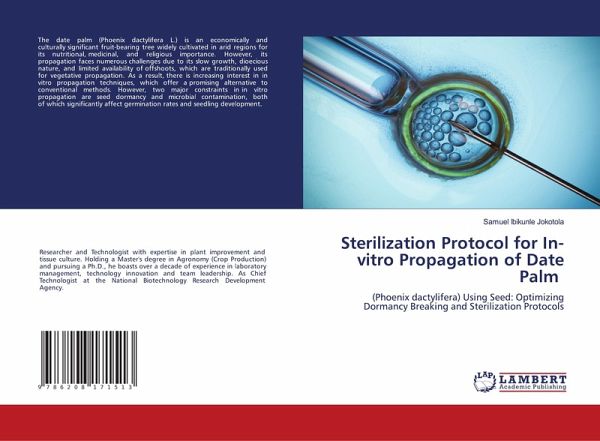
Sterilization Protocol for In-vitro Propagation of Date Palm
(Phoenix dactylifera) Using Seed: Optimizing Dormancy Breaking and Sterilization Protocols
Versandkostenfrei!
Versandfertig in 6-10 Tagen
29,99 €
inkl. MwSt.

PAYBACK Punkte
15 °P sammeln!
The date palm (Phoenix dactylifera L.) is an economically and culturally significant fruit-bearing tree widely cultivated in arid regions for its nutritional, medicinal, and religious importance. However, its propagation faces numerous challenges due to its slow growth, dioecious nature, and limited availability of offshoots, which are traditionally used for vegetative propagation. As a result, there is increasing interest in in vitro propagation techniques, which offer a promising alternative to conventional methods. However, two major constraints in in vitro propagation are seed dormancy and...
The date palm (Phoenix dactylifera L.) is an economically and culturally significant fruit-bearing tree widely cultivated in arid regions for its nutritional, medicinal, and religious importance. However, its propagation faces numerous challenges due to its slow growth, dioecious nature, and limited availability of offshoots, which are traditionally used for vegetative propagation. As a result, there is increasing interest in in vitro propagation techniques, which offer a promising alternative to conventional methods. However, two major constraints in in vitro propagation are seed dormancy and microbial contamination, both of which significantly affect germination rates and seedling development.





